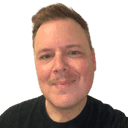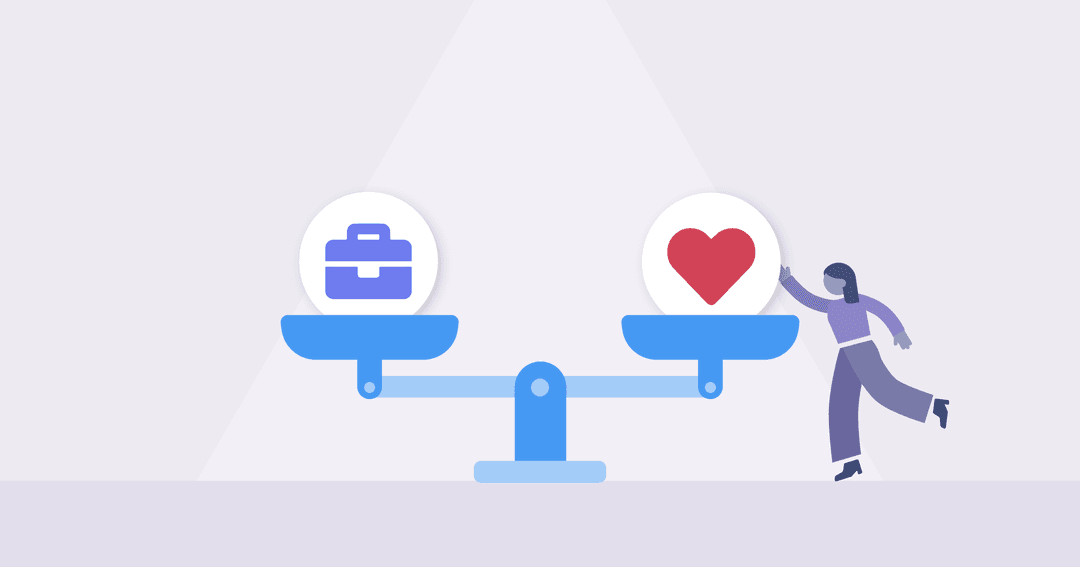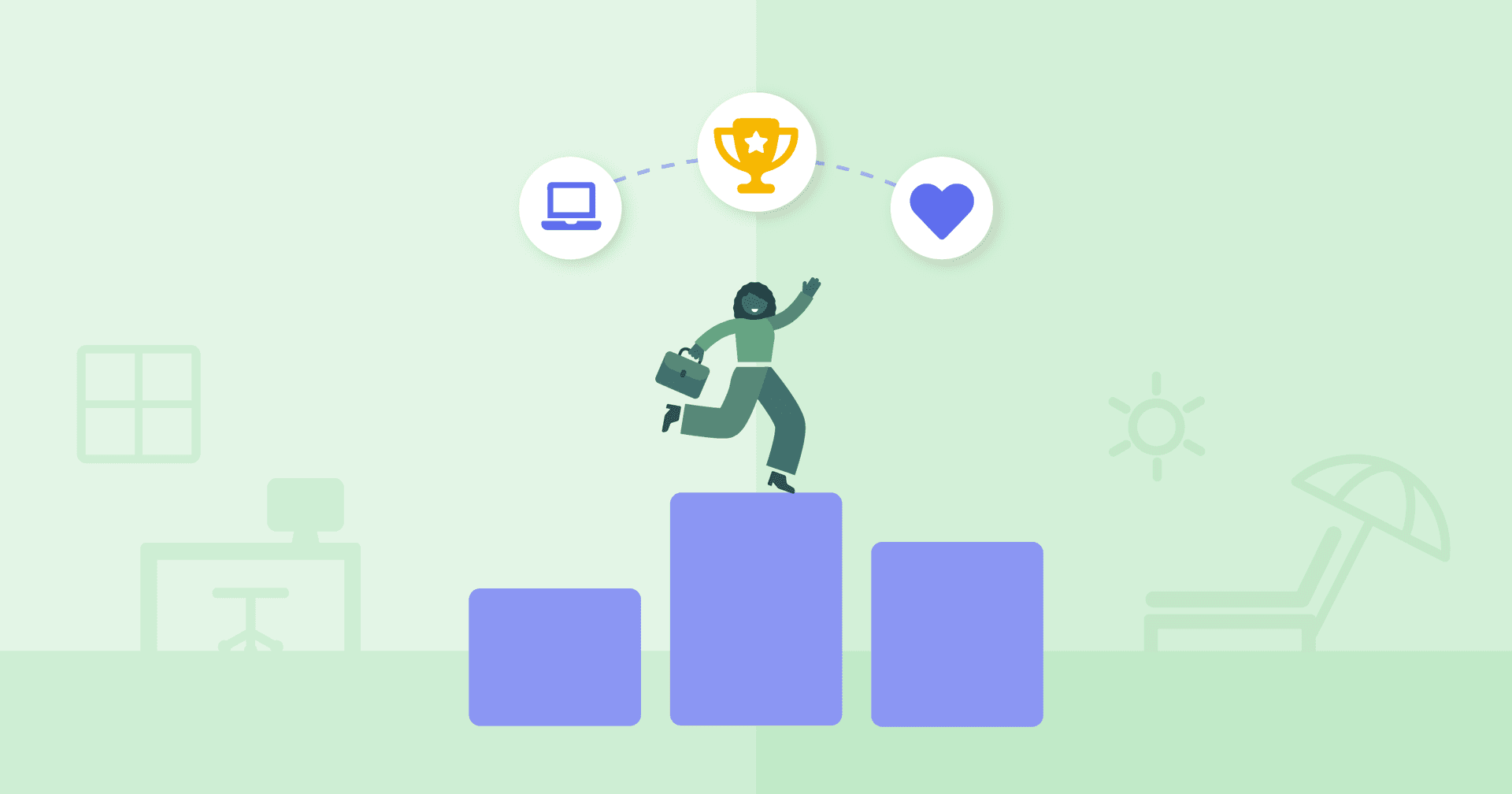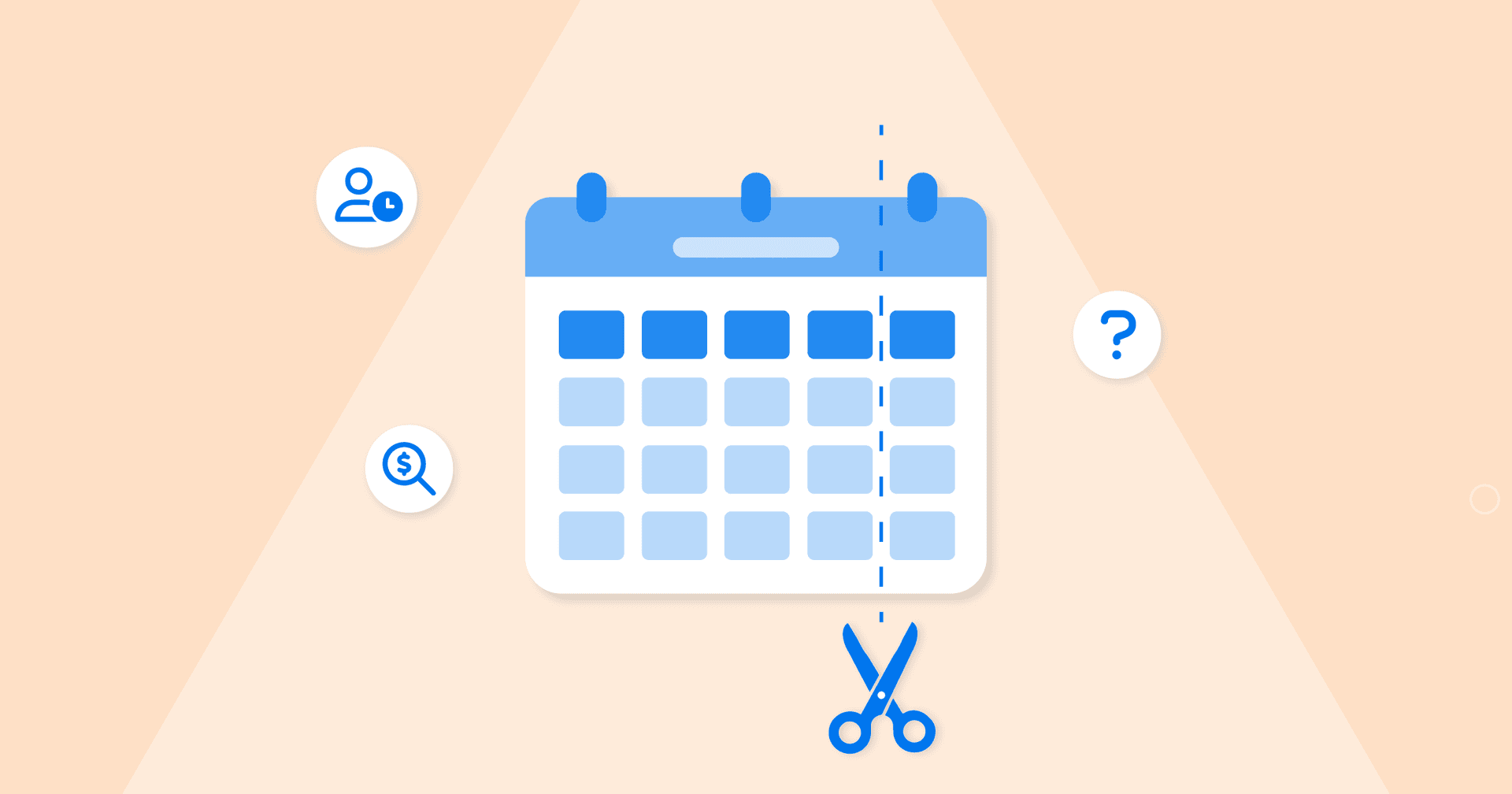Table of Contents
QUICK SUMMARY:
Discover successful marketing agency leaders' unique lifestyle hacks to stay motivated and excel in their roles. From morning routines that set the tone for the day to innovative strategies for managing stress and boosting productivity, these insights offer practical advice on enhancing leadership skills and maintaining high performance. Learn how adopting these practices will help you lead more effectively and inspire your team.
Leading a marketing agency is like riding a nonstop roller coaster—thrilling, intense, and tasking. The job involves managing a team of creative professionals and negotiating different stages of business growth, which requires skill, fortitude, and constant motivation.
At first, the excitement of achieving goals and tackling new projects keeps you going. However, as time passes, the daily grind begins to feel overwhelming. The initial rush fades, and the pressure of deadlines, client demands, and routine tasks makes for a very full plate.
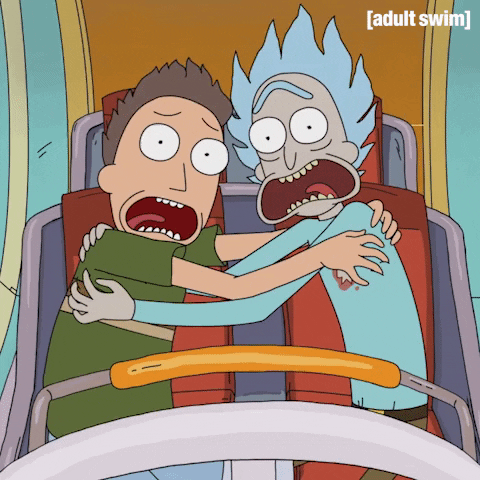
Taking on too much responsibility can lead to stress and exhaustion. It can also lead to less productivity. Spreading yourself too thin can mean that none of the tasks get the attention or effort required to be done well.
Anthony Sergeev, SEO Manager, Affordable SEO Near Me
Maintaining motivation is essential in this kind of high-pressure environment—not just for your own well-being but for the success of your entire agency. Losing steam will slow progress, affect team morale, and ultimately impact client satisfaction.
Finding effective ways to stay motivated and energized is crucial for any agency leader. That’s why we asked agency leaders to share the unique lifestyle hacks that help them overcome their daily challenges.
These strategies will help you manage the ups and downs of agency life effectively, keeping you engaged and proactive, no matter the twists and turns the agency rollercoaster throws at you.
Why Is Maintaining Motivation Important for Agency Leaders?
As leaders push their agencies into new territories and bigger markets, their energy and drive set the pace and tone for the entire organization.
For an agency experiencing growth, momentum is everything. The push keeps projects moving forward and ensures client deliverables are met. When a leader shows up motivated, it sends a powerful message to the team: Progress is being made, and their efforts lead to tangible outcomes.
Losing Motivation Impacts More Than Just Agency Leaders
The consequences of a leader losing motivation are severe. A leader’s lack of enthusiasm will quickly trickle down to the rest of the team and affect decision-making, innovation, and client relationships.
Team Morale and Productivity: A demotivated leader often leads to a disengaged team, decreasing productivity and lowering overall morale.
Decision-Making: A leader who isn’t motivated may struggle with decision-making, which will stall projects and lead to missed opportunities.
Innovation Stifles: Without a driven leader, an agency might start playing it safe, sticking to tried and tested methods rather than innovating.
Client Relationships: Clients expect energetic, passionate leaders who are actively involved and committed to their campaigns. A leader's lack of motivation may become apparent in client interactions and jeopardize long-standing relationships.
The Agency Leader Sets the Tone
Ultimately, the leader is the emotional and professional barometer for the agency.
Their mindset and attitude set the tone for the work environment and the agency’s culture. Maintaining a strong mental game helps leaders ensure that the agency thrives, especially during difficult times or when tackling significant growth challenges.
Successful Agency Leaders Share Their Lifestyle Hacks
From innovative morning routines to strategic digital detoxes, the leaders we’ve surveyed use specific techniques to keep their energy and focus sharp. Whether it’s through unique exercises or inspirational activities, these insights will help any leader sustain their momentum.
1. Use Your Mornings Wisely
The morning sets the stage for the day, especially for leaders in high-stakes environments like marketing agencies. Here’s how some successful agency leaders use their mornings to boost motivation and productivity:
Miles Kailburn: Structured Morning Routine
Miles Kailburn, CEO at OTM, finds his morning routine essential for daily success, influenced by Michael Hyatt’s Full Focus Planner. His routine encompasses family preparations, like packing lunches and organizing sports gear for his kids, and a meticulous setup for his workday. He organizes tasks from various sources—project management, HubSpot, email, and sales—and uses the STACK method for his inbox, followed by time-blocking tasks in his calendar.
"I've found this morning routine wildly helpful," he says.
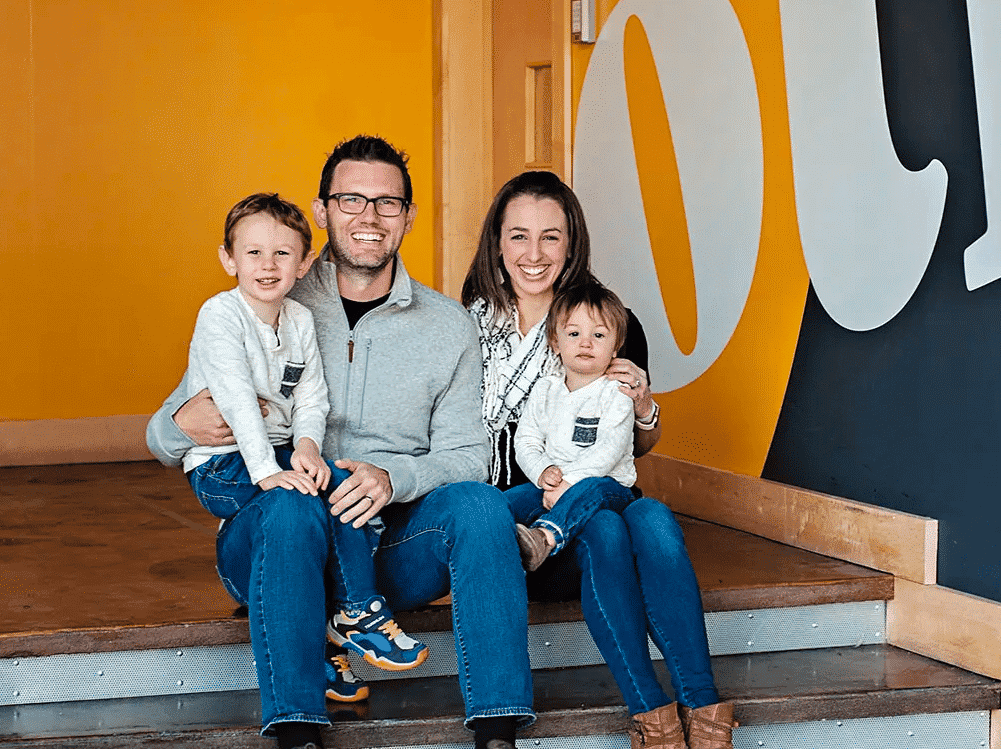
OTM co-founders Miles and Vallene Kailburn with their two children. (Credit: OTM)
Whitney Green-Olson: Holistic Morning Approach
Whitney Green-Olson, CEO of Melon Local, emphasizes the importance of her morning routine for a productive day. This time allows her to reflect, plan ahead, and align her focus with the team's goals, ensuring she leads with efficiency and a proactive mindset throughout the day.
"My morning routine is pivotal for setting up a productive day as a leader,” she says. “I begin by checking internal team messages to ensure everyone's accounted for and to handle any urgent issues."
She then transitions to her emails, tackling overnight matters while enjoying her coffee in bed.
"This routine keeps me informed and helps me start the day with clarity and readiness.”
David Metcalf: Physical and Mental Preparation
David Metcalf, Director of Distl, incorporates a distinctive method into his morning routine that invigorates his body, clears his mind, and sets a positive and energetic tone for his workday.
“My day starts with an ice bath and a 20-minute breathwork routine. I discovered both habits almost 10 years ago, and they've become non-negotiable for me when I'm at home (where my ice bath is kept). The ice bath helps me feel like I've completed the difficult thing first (the 'Eat That Frog' concept), and other tasks seem easier after that.”
Kerrie Luginbill: Tailoring Routines to Energy Levels
Kerrie Luginbill, Chief Growth Officer at OTM, emphasizes the importance of adapting daily routines to personal energy patterns for effective leadership.
"One of the most important things a leader can do is optimize their routine based on their energy levels—and those will be different for everyone."
Kerrie shares that morning workouts don't suit her, as they make her feel sluggish. Instead, she says, "I spend my mornings from 7 a.m. to 10 a.m. organizing my day and reading industry news. The mid-part of my day is when I have the most energy and am most productive, so I prioritize blocking my calendar to do deep work during that time.”
The Takeaway: Effectively leveraging the morning hours and personalizing your morning routine to meet your needs will significantly impact your daily productivity and motivation.
2. Make Time for No-Screen Time
Agency leaders are often perceived as "always on," constantly connected to their devices to keep up with the fast-paced demands of their business and the industry. However, deliberately stepping away from screens is critical to maintaining productivity and motivation.
Miles Kailburn: Scheduled Disconnect
Miles uses a specific tactic to manage his screen time. By setting boundaries with technology, Miles ensures he has time to recharge, which is essential for his daily productivity and mental clarity.
"I use Apple's sleep mode and scheduling to sleep all my devices automatically at 9 p.m.,” he says. “This helps me unwind and ensure I'm not tempted to continue working late into the night."
Whitney Green-Olson: Evening Routine
Whitney also emphasizes the importance of disconnecting and shows how stepping away from digital devices in the evening promotes better mental health and more effective leadership.
"While I typically integrate short digital detoxes throughout my workday, the most impactful strategy has been disconnecting entirely after 8 p.m. This allows me to truly relax and refocus, enhancing my decision-making capabilities and reducing stress."
David Metcalf: Intentional Unplugging
David integrates unplugging into his routine. By consciously putting away his devices, David finds he can better balance his personal and professional life.
"I find that being intentional about my screen time, especially in the evenings, allows me to be more present with my family and more focused the next day."
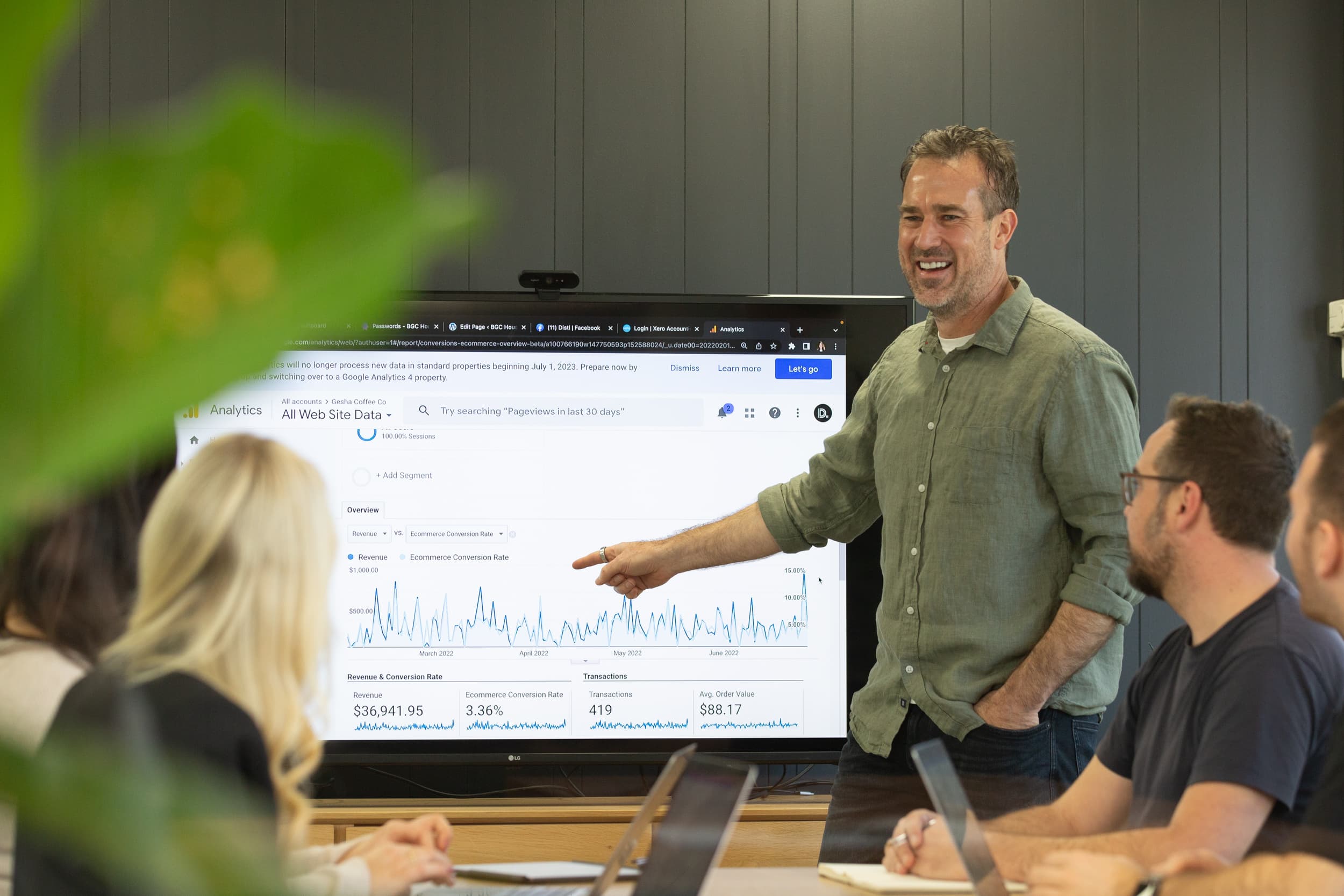
For David Metcalf, screen time is best used for work time. (Credit: Distl)
The Takeaway: While it might seem counterintuitive in an industry driven by constant communication and digital innovation, periods of no-screen time will help you maintain your mental well-being and ensure you lead your team more effectively.
3. Get Physical To Promote Mental Health
Incorporating physical activity into daily routines is vital for maintaining physical health, mental acuity, and emotional resilience. Successful agency leaders integrate exercise into their demanding schedules to boost energy and enhance leadership effectiveness.
David Metcalf: Regular Running and Resistance Training
David maintains a rigorous exercise regimen that is crucial to his overall well-being and significantly impacts his life satisfaction.
"I run about four times per week and do resistance training at least three times per week," he shares."When I go a couple of weeks without this routine, I notice I don't find the same degree of fulfillment in other areas of my life."
Whitney Green-Olson: Diverse Exercise Routines
Whitney emphasizes the importance of varied physical activities for mental clarity and stress reduction. She practices Pilates for focused strengthening, visits drop sauna appointments for relaxation and uses treadmill walks to stay active while catching up on audiobooks or news.
"Incorporating exercise into my daily routine is something that I know is key to boosting my resilience and mental well-being.”
Kerrie Luginbill: Consistent and Intense Workouts
Kerrie believes in the power of a consistent exercise routine. Her workouts vary from Peloton classes and outdoor runs to strength training circuits.
"I have been incredibly consistent in my exercise routine for the past 15 years, aiming for 30-60 minutes of high-intensity cardio with weight training 3-4 times per week," she says. “I don't beat myself up if I miss a workout, I focus on the bigger picture—incremental improvements and consistency over time—just like running a business!"
The Takeaway: By finding personalized ways to stay active, you take care of your well-being and also set a powerful example for your team, showing them that health is a priority that drives greater productivity and creativity.
4. Adopt a Hobby (or Two)
Hobbies offer a much-needed break from the high-pressure responsibilities of leading a team and driving business growth. They allow leaders to return to work with renewed energy and a fresh perspective.
David Metcalf: Culinary Relaxation
David finds a unique way to transition from his workday into relaxation through cooking, which allows him to switch off from work mode and provides a therapeutic end to his day.
"I love to cook, and it's become my signal that the workday is done,” he says. “It's the perfect balance of focus and distraction, and it helps me shut out whatever challenges came up at work that day."
Miles Kailburn: Escaping Into Stories
For Miles, diving into stories is an essential way to clear his mind and disconnect from the pressures of leadership.
"Reading the newspaper and books is relaxing for me. The other one is going to the movie theater. The theater is the ultimate distraction and disconnect for me. This has been a staple for me and my co-founder wife."
Whitney Green-Olson: Traveling Broadens Horizons
For Whitney, traveling significantly enhances her leadership skills. Her travels are not just vacations but opportunities for growth and inspiration.
“Traveling recharges me and enhances my effectiveness as a leader. It allows me to step into new environments that foster creativity and provide fresh perspectives."
Kerrie Luginbill: Rejuvenation Through Diversification
Kerrie emphasizes the importance of engaging in various hobbies to "fill her cup." A mix of activities provides the balance and inspiration she needs to be effective in her demanding role.
"Reading, gardening, cooking, and spending time outdoors are all ways I unplug, recharge, and get inspired."
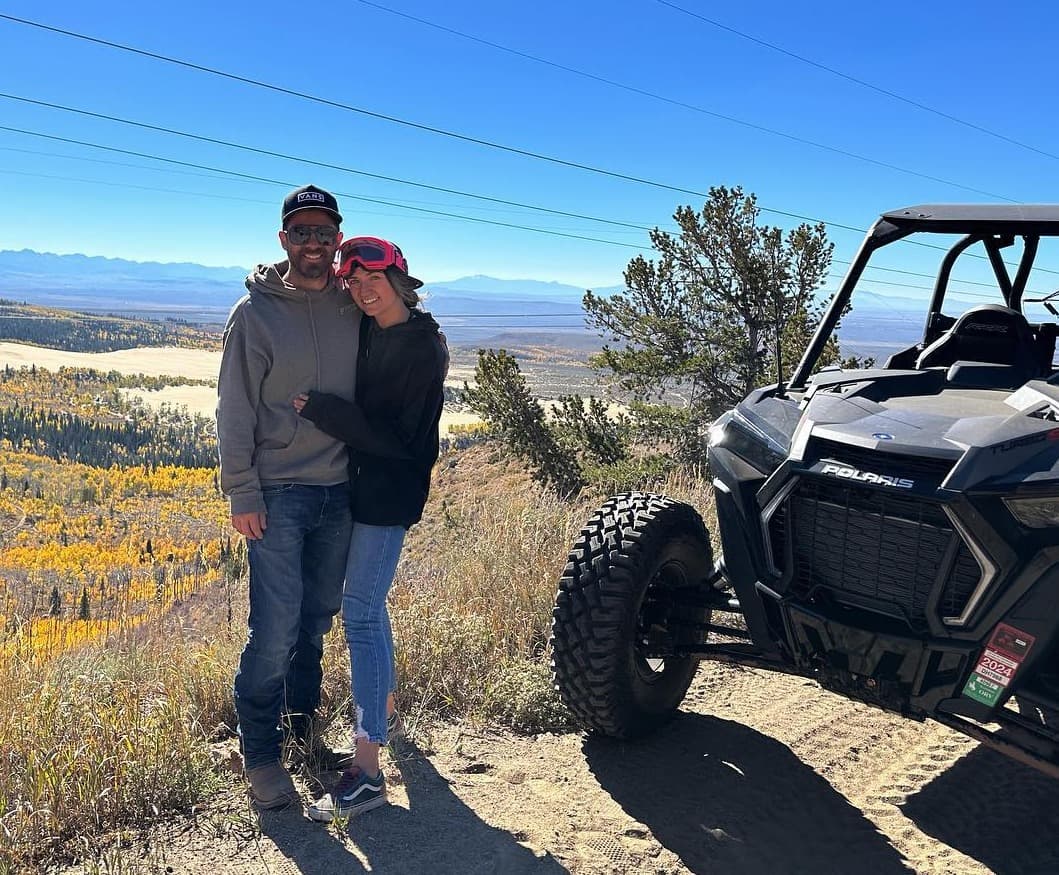
Kerrie Luginbill seeks the great outdoors for a bit of R&R. (Credit: Kerrie Luginbill/Instagram)
The Takeaway: Maintaining hobbies and engaging in personal passions will allow you to return to your role invigorated and better equipped to tackle challenges.
5. Optimize Your Workspace for Better Focus
The right workspace setup is key for focus and productivity, particularly in agency leadership, where the pace is relentless. Here’s how some agency leaders tailor their work environments to boost efficiency and creativity:
Miles Kailburn: A Setup That Works Everywhere
Miles emphasizes the importance of having a functional workspace at home or in the office. This setup helps him maintain productivity no matter where he's working.
"Having a proper setup is a must for me,” he says. “I spread my work throughout the week, and having consistent and proper workspaces at the office and home is helpful."
David Metcalf: Clutter-Free Focus
David prefers a minimalist workspace to help him keep his focus sharp and his decision-making clear. He believes in the philosophy of “less, but better.”
"I like to minimize clutter and distraction in my office."
Whitney Green-Olson: A Space for Creativity and Comfort
Whitney has designed a workspace that suits her style and promotes a relaxed and creative environment for her team. Her office includes walking treadmills and comfortable break areas, enhancing productivity and well-being.
"We've introduced relaxed areas with couches, chairs, and shared monitors to encourage collaboration and open conversations,” she says. “Personally, I’ve designed my office to reflect my personality and values. It’s decked out in pink and animal print, with pictures and items that inspire me to stay motivated and positive.”
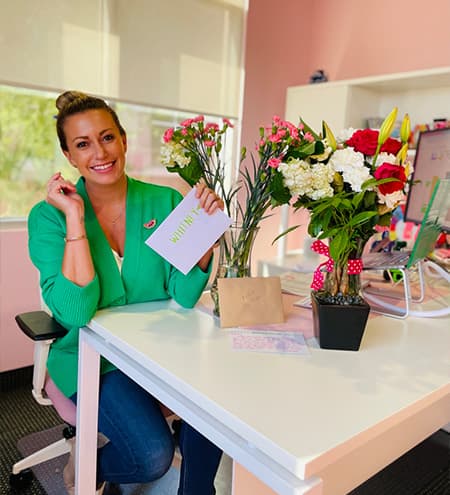
Whitney Green-Olson’s workspace is a reflection of her style and personality. (Credit: Melon Local)
The Takeaway: The right workspace design enhances productivity and creativity. By carefully crafting your environment, you create spaces that support your personal leadership style and your team’s best work.
6. Adopt Learning as a Motivation Technique
Continuous learning is a powerful tool for maintaining motivation and staying ahead of the curve. Here's how agency leaders integrate learning into their daily routines to enhance their leadership and keep their teams agile:
Miles Kailburn: A Culture of Collaborative Learning
Miles places learning at the heart of both his personal and professional life. Making learning collaborative keeps his team updated and allows them to play to their strengths—some are better at finding ideas, some at developing them, and others at systematizing them.
"Our industry changes rapidly, and many get left behind,” he says. “At OTM, we have a monthly book club, dedicated Slack channels for sharing resources, ideas, and articles, and an informal understanding of how we handle new ideas and learning."
Whitney Green-Olson: Formal and Informal Learning Pathways
Whitney emphasizes the importance of continual learning in her leadership role. In addition to formal education, she keeps up with industry trends through various media, including LinkedIn posts and magazines like Entrepreneur and Success.
"I'm consistently enrolled in Harvard Business online courses and pursue certificates to deepen my expertise," she says. "This commitment to continuous learning enriches my leadership approach significantly, equipping me with new insights and strategies to navigate challenges.”
David Metcalf: Learning on the Move
David combines physical activity with learning to absorb and apply new information to his work and leadership practices.
"I listen to nonfiction audiobooks while running or exercising and keep my voice recorder close to record insights that come to me while listening."
The Takeaway: By seeking new knowledge and insights, you stay relevant and inspire your team to embrace a culture of continuous improvement and innovation.
Impress clients and save hours with custom, automated reporting.
Join 7,000+ agencies that create reports in minutes instead of hours using AgencyAnalytics. Get started for free. No credit card required.
7. Prioritize Good Sleep Hygiene
There's a common misconception that successful leaders sacrifice sleep to get ahead, always burning the midnight oil. However, many effective leaders debunk this myth, showing that good sleep hygiene is critical to their ability to lead and make decisions.
Miles Kailburn: Tech-Enhanced Evening Routine
Miles takes a scientific approach to sleep that helps him wind down effectively and ensures his sleep is restful and restorative.
"I track my sleep with a WHOOP band and Apple Watch (via the native Sleep app). I do run a shutdown routine at night. At 7 p.m., it's screens off, L-theanine tea, and we dim the lights. Some of our lights shift to remove blue light, which also helps a lot.”
Whitney Green-Olson: Striving for Consistency
Whitney acknowledges the challenges of managing sleep with a demanding schedule. Despite these challenges, she’s focused on improving her sleep habits by setting a consistent bedtime, winding down effectively, and reducing screen time before bed.
"Managing sleep patterns is an ongoing challenge for me, especially with frequent travel and late nights on the computer.”
Kerrie Luginbill: Data-Driven Sleep Management
Kerrie uses technology to enhance her sleep quality. By adhering to a regular bedtime, avoiding late meals, and maintaining a workout routine, Kerrie ensures optimal sleep, improving her mood and ability to handle daily challenges.
"I have an Oura Ring that helps me understand my sleep patterns. I’ve found that three things impact my sleep the most: going to bed late, eating or drinking late, and not working out."
David Metcalf: Embracing Biphasic Sleep
David has adopted an unconventional but effective sleep pattern known as biphasic sleep. This schedule allows him to add productive hours to his night without compromising his rest, turning what was once a restless period into an advantage.
"I have two sleeps each night. I go to bed very early, then wake up for a couple of hours around 10 p.m. before going back to sleep.”
The Takeaway: Prioritizing good sleep hygiene is essential for high performance and effective leadership. By finding what works best for your lifestyle and schedule, you’ll enhance your well-being and be more present to drive your agency further.
Harness Your Own Lifestyle Hacks for Work-Life Success
Maintaining motivation is not just about pushing harder or working longer hours. It's about crafting a lifestyle that supports personal well-being and professional excellence—work-life success, if you will.
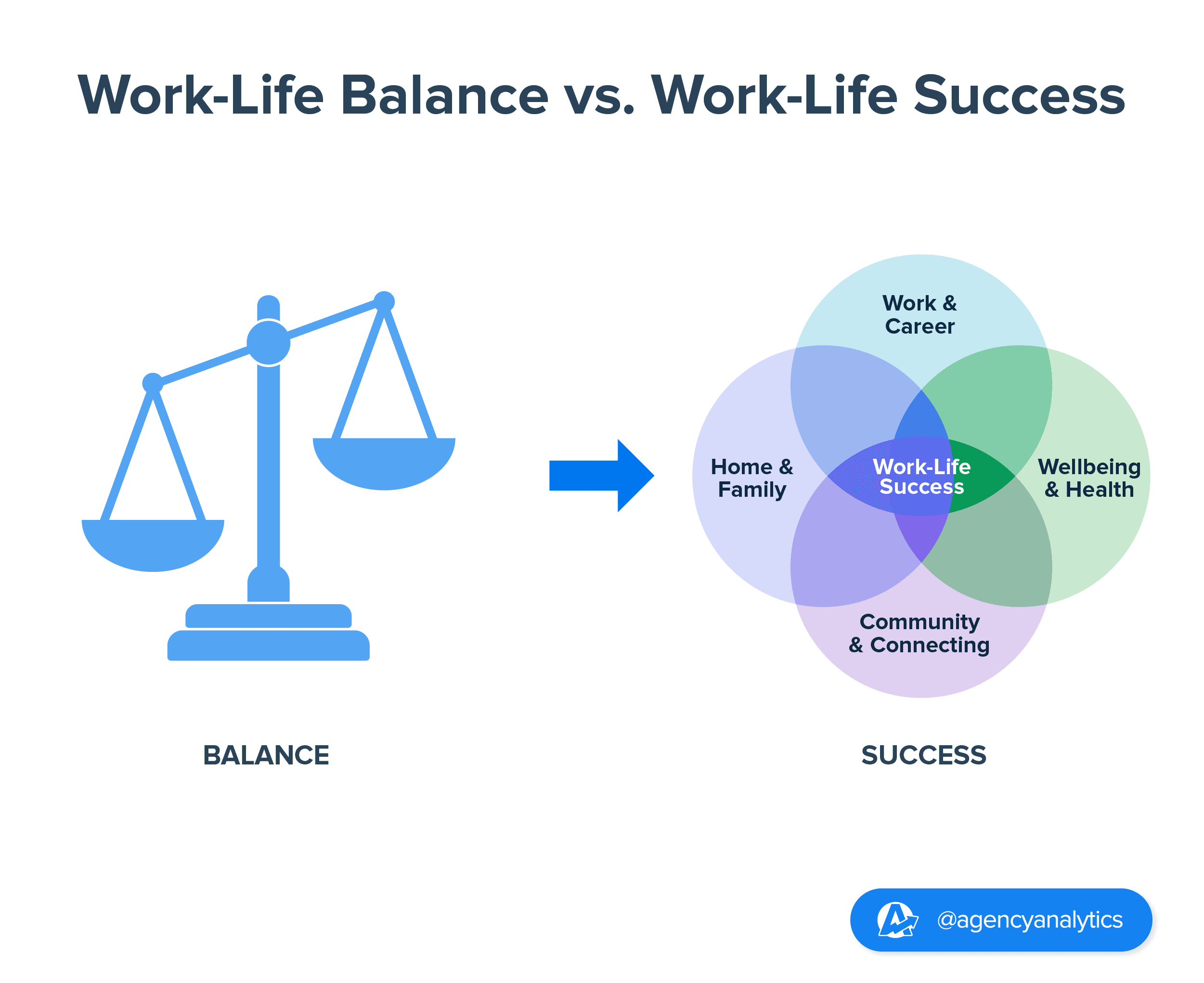
By adopting structured morning routines, strategic disconnections from technology, physical activity, engaging hobbies, workspace optimization, continuous learning, and good sleep hygiene, you build a framework that fuels your professional endeavors and enriches your personal life.
Remember, the best way to predict and shape the future of your agency is by taking charge of your own habits and health today.
Take care of yourself because you bring your whole self to work. The key isn’t working harder or smarter, less or more. It's about you and the decisions you make every day.
Kerrie Luginbill, Chief Growth Officer & Partner, OTM
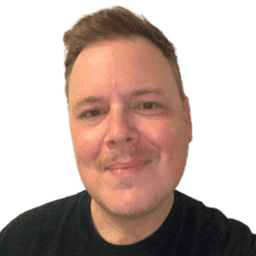
Written by
Francois Marchand brings more than 20 years of experience in marketing, journalism, content production, and artificial intelligence (AI). His goal is to equip agency leaders with innovative strategies and actionable advice to succeed in digital marketing, SaaS, and ecommerce.
Read more posts by Francois MarchandSee how 7,000+ marketing agencies help clients win
Free 14-day trial. No credit card required.


